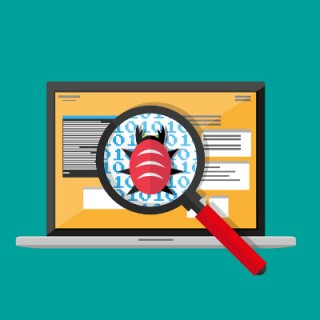Twitter is recommending that all 336 million users change their passwords as soon as possible due to the discovery of an internal security flaw. While the issue has been fixed and no data breach seems to have taken place, Twitter is clearly taking this situation seriously.
On Thursday, May 3, it came to light that there was an internal log upon which an undisclosed number of account passwords were recorded without any protection. As a result, this unknown amount of passwords can no longer be considered secure, even though there is no apparent evidence that any data breach has occurred.
Twitter uses a process called hashing to protect their passwords, as many companies do. However, a bug created a log of passwords before they were hashed, leaving them fully legible. This bug has since been resolved.
In response to this situation, Twitter is being proactive and recommending that all of its users change their passwords, just in case. To do so, log in to your account in your browser, access Settings and privacy, and from there, Password. It is also a good idea to enable two-factor authentication by accessing Settings and privacy, clicking into Account. Once there, click on the “Set up login verification” button and follow the instructions. You will find yourself on a Login verification screen, where you can activate the means to generate another authentication code.
While disaster seems to be averted this time, you should not hesitate to change your password as soon as possible, and makes sure that all of your online accounts have strong passwords in place. For more information about keeping your identity safe online, call the IT professionals at Infradapt at 800.394.2301.




